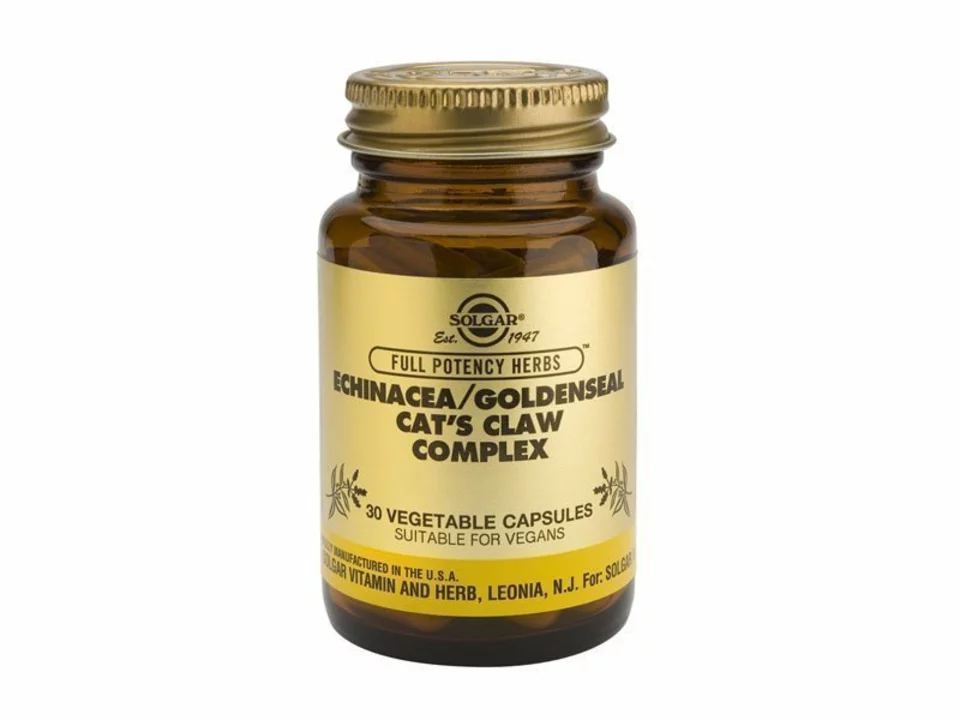Unleashing Potency: Make Your Medications Work Safely and Better
Ever wondered why a drug that helped before now feels weaker? Small things — the formulation, how you take it, storage, or interactions — can shift how well a medicine works. This page pulls together practical steps to boost medication potency without risking safety. No hype, just clear, usable advice you can use when talking to your prescriber or pharmacist.
Compounding and formulation: when it helps
Compounding can unlock real benefits when standard pills don’t fit your needs. Want a different dose, a liquid for a child, or to remove an allergenic filler? A licensed compounding pharmacy can make that. Ask the pharmacist: do you have state licensure, batch records, and stability data for this preparation? If they can’t show basic documentation, walk away. Compounded products aren’t FDA-approved the same way mass-produced drugs are, so they need careful handling and clear communication with your clinician.
Formulation affects absorption. A tablet that’s enteric-coated won’t release in the stomach. A liquid can reach the bloodstream faster. If your drug requires an acidic stomach, antacids or PPIs may blunt its effect. Tell the pharmacist about all other meds and supplements — even antacids, calcium, and iron can change potency for some drugs.
Safe buying, storage, dosing, and monitoring
Buying meds online? Use only pharmacies that require a prescription, show a physical address and phone number, and carry accreditation like VIPPS or a national equivalent. If a site sells prescription meds without a prescription or the prices look too-good-to-be-true, it probably is. Controlled meds and specialty products have strict rules; don’t try to bypass them.
Storage matters. Heat, light, and moisture can reduce potency. Keep meds in original containers unless the pharmacist instructs otherwise. Refrigerate only when specified. Check expiration dates — potency drops after expiry and some meds become unsafe.
Dosing and timing are simple levers with big effects. Take meds the same way each day — with food or on an empty stomach as directed. For thyroid meds, take them in the morning on an empty stomach and wait 30–60 minutes before coffee. For drugs with narrow therapeutic windows, don’t skip levels: get blood tests on schedule and report odd symptoms fast.
Watch for interactions. Liver enzymes (CYPs) alter many drug levels. Some antidepressants, antifungals, and antibiotics change enzyme activity and can raise or lower other drug levels dramatically. If you start or stop another medication, ask your pharmacist whether dose adjustments or monitoring are needed.
Final rule: partner with a clinician and a licensed pharmacist. If you suspect reduced effect, don’t double the dose on your own. Instead, document what changed (new meds, missed doses, storage issues) and get a plan — testing, a formulation switch, or a safe dose change. Small, smart actions usually unlock potency without risk.

- 14 Comments
Cat's Claw has recently caught my attention as a powerful herbal dietary supplement with numerous health benefits. This Amazonian rainforest plant has been used for centuries by indigenous people for its medicinal properties. I've discovered that it offers anti-inflammatory, antioxidant, and immune-boosting benefits, making it a fantastic addition to our daily routines. Additionally, recent research suggests that Cat's Claw may even have potential in supporting brain health and protecting against neurological disorders. If you're looking to improve your overall well-being, I highly recommend looking into the potential of this amazing natural remedy!
